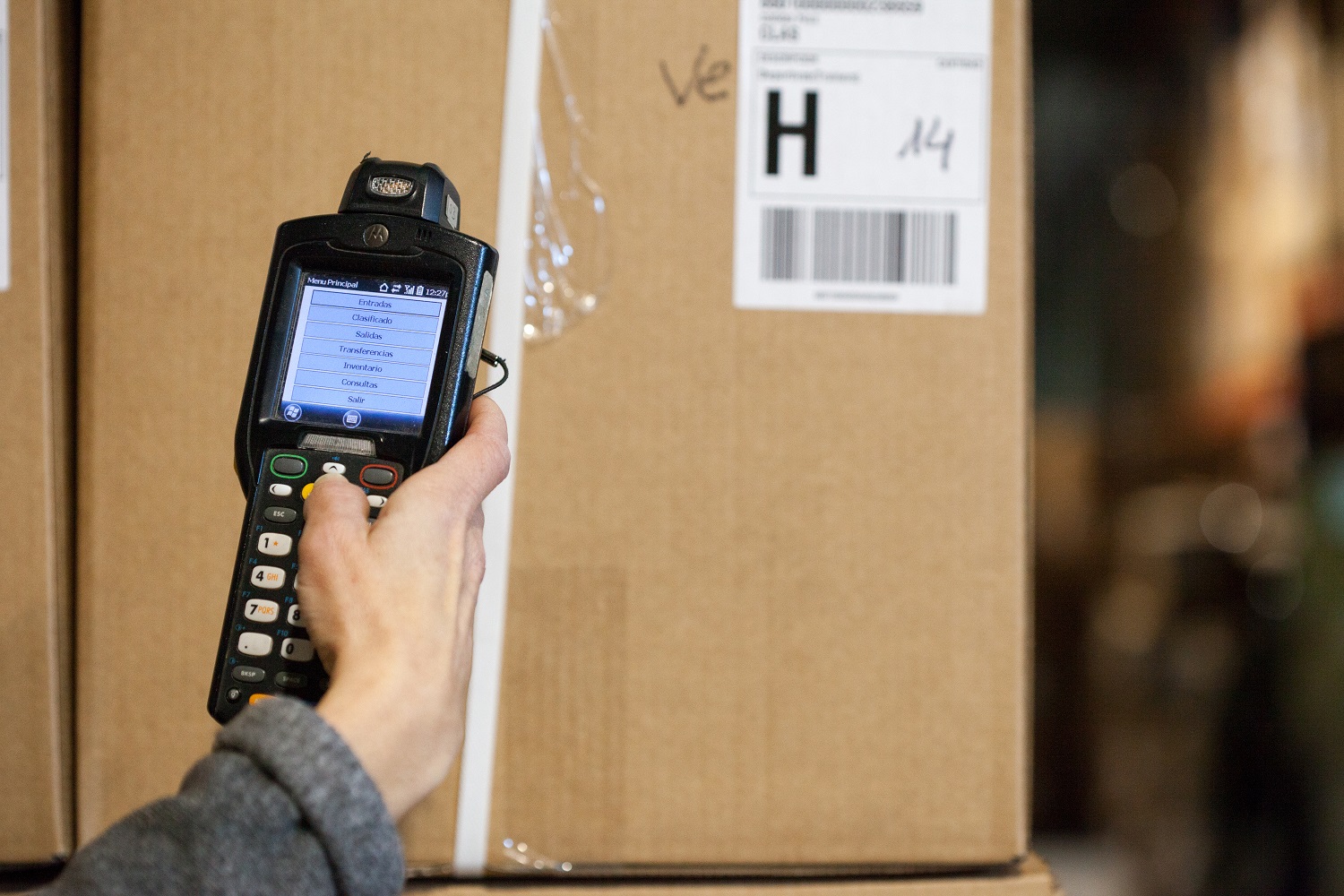Traceability is a concept whose implementation predicts a brighter future for a more accountable textile industry. Sustainable fashion relies on several pillars, one of them being the history behind our clothes and the producer’s responsibility for the product they create.
The call for transparency in the textile production processes came into light in 2013, with the collapse of Rana Plaza, a garment factory in Dhaka. This tragedy shook the foundations of the fashion industry and called for social responsibilities and transparency of the supply chain. Still today most of the clothes we wear are produced in decentralized factories in developing countries.
What is traceability in the fashion industry?
As defined by Fabbricafuturo, “A product is traced if it is possible to reconstruct the whole production cycle, starting from the origin of single elements that compose it to the single production phases, ending with the passage to the consumer.” The clothes we wear have passed through several production processes and the fabrics used have travelled all around the world. This dispersed and fragmented production process makes it difficult and costly to establish a reliable traceability. The concept of traceability focuses nowadays mainly on the production process, and while it bring transparency to the supply chain it need to advance to cover the full life cycle of the product.
Traceability for accountable fashion
Some brands like Zara, Mango, Massimo Dutti and Mark & Spencer, among others, have already started to address this problem, investing in technology in order to improve the traceability of their clothes. Some of the methods used are RFID and blockchain technologies aimed to track materials through the supply chain.
Tracing a product from the raw material to the consumer is important to defeat serious injustices like child labour and tackle problems like environmental pollution, but it is also fundamental to create real sustainable fashion. While at present most traceability efforts are focused on origin and production, here at Tekstila, (specialists in buying and selling wholesale branded clothing stocks) we believe that the industry should soon aim to trace the whole life cycle of clothes, including resale, second life, upcycling, and recycling.
It is important to follow the impact that a product has on the environment and society after production. This would entail tracing all that has been produced but didn’t reach the stores, and unsold items that enter outlet and resale channels to be worn for the first time. Ultimately, we hope for a future when consumers will be able to know the brand commitments regarding second life of clothes, treatment of unsold stock, recycling and waste involved in the brands they love to buy.

